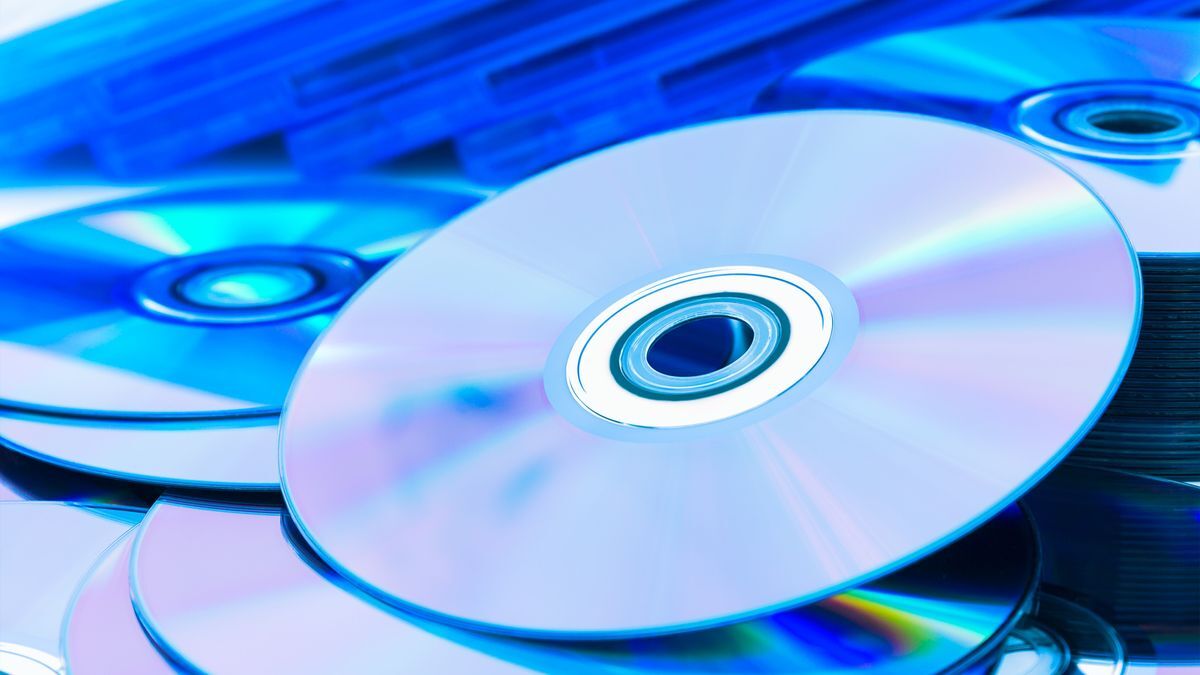Digital streaming is displacing the last remnants of physical media.
In a disappointing turn of events, FlatpanelsHD reports that LG has ended production of its Blu-ray player series, which includes the UBK80 and UBK90 models. With limited stock available, prospective buyers should act quickly to secure the last remaining units before they are sold out.
After Samsung and Sony’s departure from physical media, LG was one of the last major manufacturers of Blu-ray players



My understanding was that flash memory, especially modern flash memory with tiny gates and multiple bits per cell, degrades the fastest of all storage media (possibly apart from badly made plastic discs). Especially if it isn’t regularly powered up, the memory cells will just use their charge after a while. If you used three it would reduce the risk, but if they’re all degrading untouched at the same speed they might still all lose data around the same time.
It degrades from writes.
The device itself degrades from writes, but the data degrades anyway as long as it is not powered. The bits are stored as charges in tiny capacitors, and if you leave it unpowered this charge gradually leaks away, leading to data loss over the long term. The device needs to be powered up to be able to refresh the charges and preserve the data.
Are you sure? Do you have a link to more info on this claim?
If true, I want to know if its orders of years or decades od centuries or millennium
Accounts differ but most reports say a low number of years. Older flash memory is more stable than the newer stuff, because it only stored one value per tiny capacitor, so the charge had to drop by 50% for the bit to be lost. In newer flash memory they use each cell to store more than one bit, which means they need to make finer discriminations between charge levels, so there’s less tolerance for weakening charge levels. Many people report losing data after only a couple of years unpowered with modern devices. Some older devices can go for more than a decade. I don’t have any studies to hand but if you search for information about bit rot in flash memory you will find plenty of discussions online.
If you power up the device and read all the data, this will refresh the charges.
I thought it degraded from lack of power flowing through it.